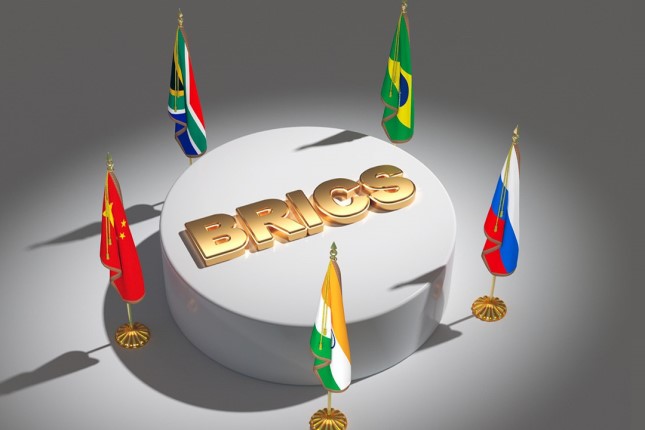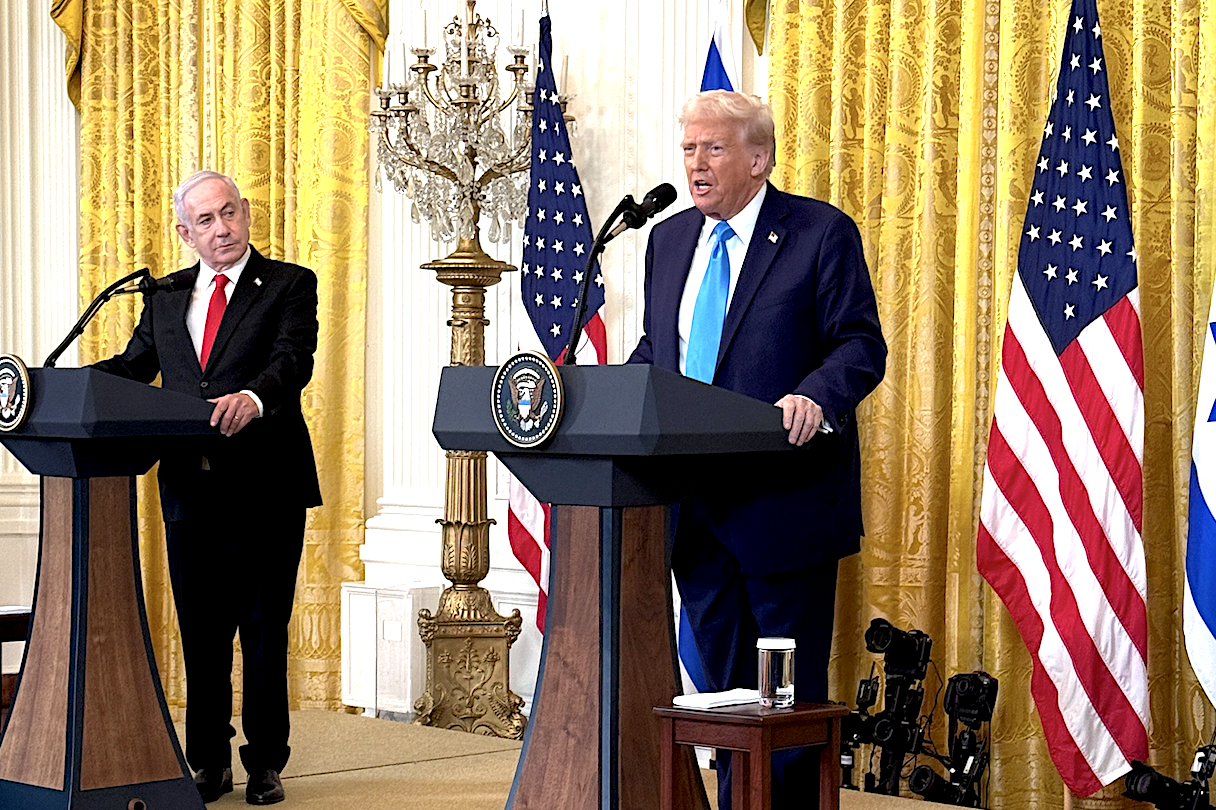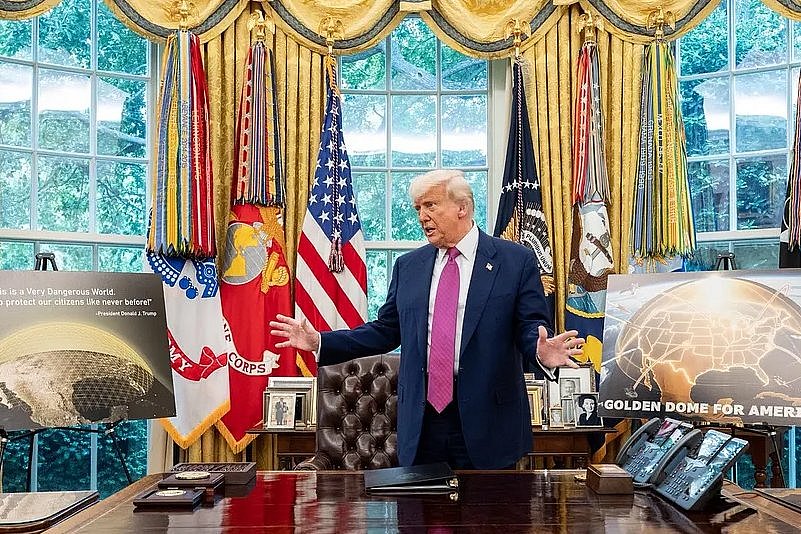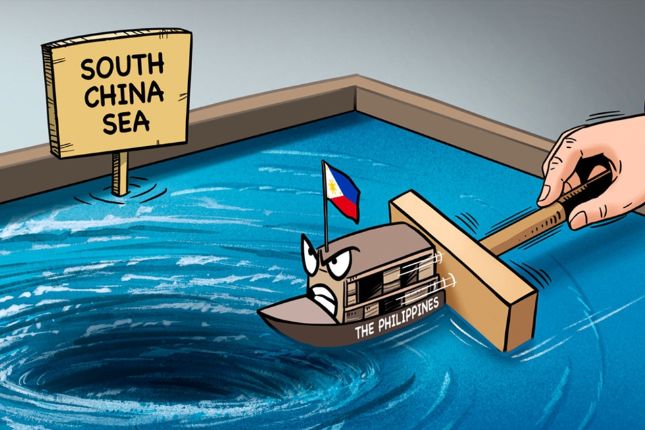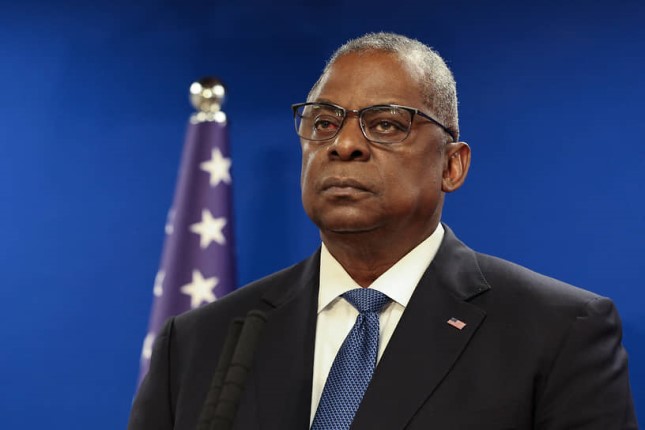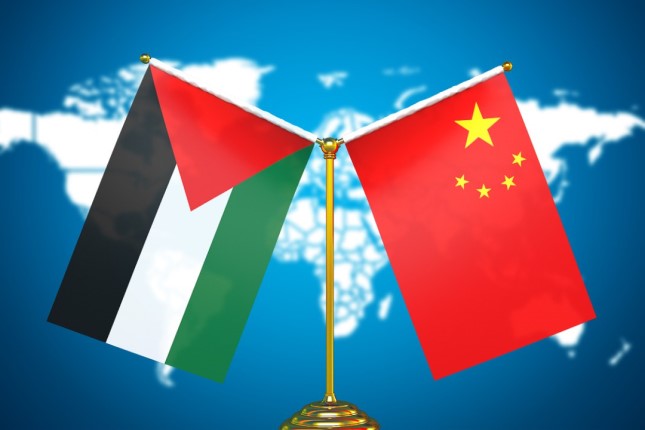As the BRICS summit, which is scheduled to be held in South Africa from August 22 to 24, approaches, some Western media have beefed up their hyping of so-called divergences among member states, including on the expansion of BRICS, and have hyped the notion that the organization may "seek to blunt" Western dominance, which fully exposed their worries of BRICS' growing influence, as well as the West's Cold War mentality.
BRICS member states are expected to discuss standard procedures to include more new members and boost local currency usage among members of the New Development Bank (NDB), which has attracted international attention as well as the eyes of some Western media.
For example, on Thursday, Reuters reported that BRICS leaders will meet in South Africa next week to turn the "club" into a "geopolitical force that can challenge the West's dominance in world affairs." Some other media are hyping the "disagreement" between member states on expansion, claiming that some members are resisting expansion or diverging from others on the standards or procedures for admitting new members.
As BRICS chair for this year, South African leaders and officials have refuted rumors and disinformation regarding the summit several times, and analysts also noted that the upcoming summit is a time to highlight solidarity between BRICS countries and the international community, and it will focus on development, not ideology.
The BRICS summit in South Africa will focus on the expansion of the organization and discuss major topics such as a common currency for BRICS. As representatives of emerging economies and developing countries, BRICS countries have become an important force in global development and this year's summit will show the international community the power of the BRICS countries, Feng Xingke, secretary general of the World Financial Forum and director of the Center for BRICS and Global Governance, told the Global Times.
The BRICS cooperation mechanism will also provide a multilateral, more inclusive, and development-oriented international platform for diplomatic exchanges and cooperation, said Feng.
In response to some Western media's hype, Feng noted that the BRICS mechanism is not one that confronts the West or intends to engage in any camp confrontation.
However, the West has always been concerned that the BRICS mechanism may take on a "counter-West" color and has even continuously smeared the mechanism. This is mainly because Western countries do not want the increasing influence of the BRICS mechanism to affect or cut into their monopoly of international affairs, which has been unreasonable and unfair for over a hundred years, Feng said.
Jim O'Neill, a renowned British economist and former commercial secretary to the UK Treasury, who is also known as the "father of BRICS," told the Global Times in an exclusive interview that he is optimistic about the development of BRICS because of its potential, and it is "a bit crazy" for someone to say the G7 is reemerging in global governance while the influence of BRICS and G20 is decreasing.
"I am very disappointed that the G7 has developed this idea that it has resurrected itself, because it is stupid," said O'Neill.
Despite worries and hype from the West, the influence of the BRICS mechanism continues to grow, and its level of institutionalization has been steadily improving over the years. The BRICS mechanism has always been vibrant and dynamic, analysts said.
Currently, with many countries applying to join the BRICS mechanism, BRICS countries will further improve the arrangements for admitting new members. As the mechanism continues to improve, its appeal and attractiveness will continue to increase, said Feng.
Source: The Global Times.
